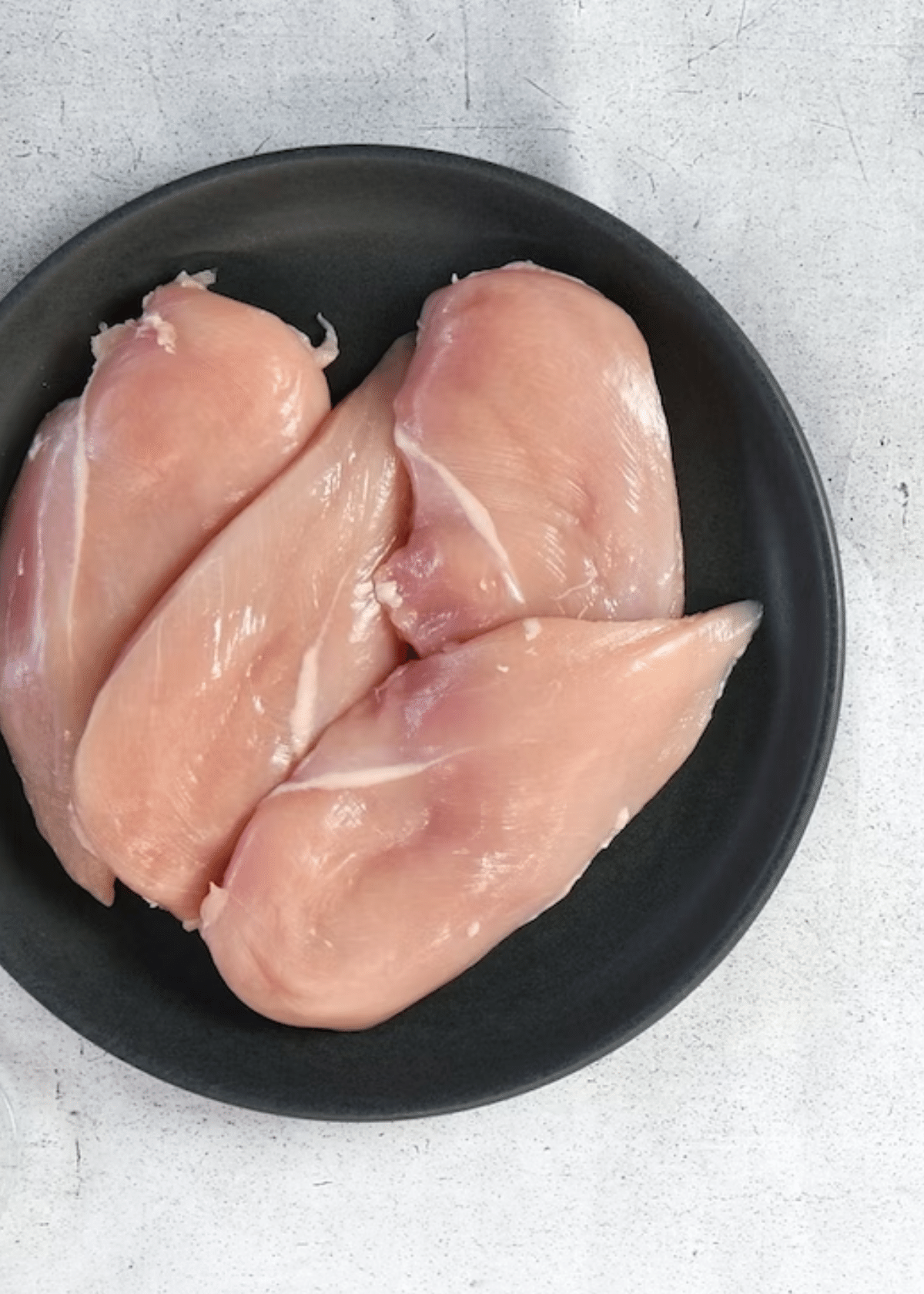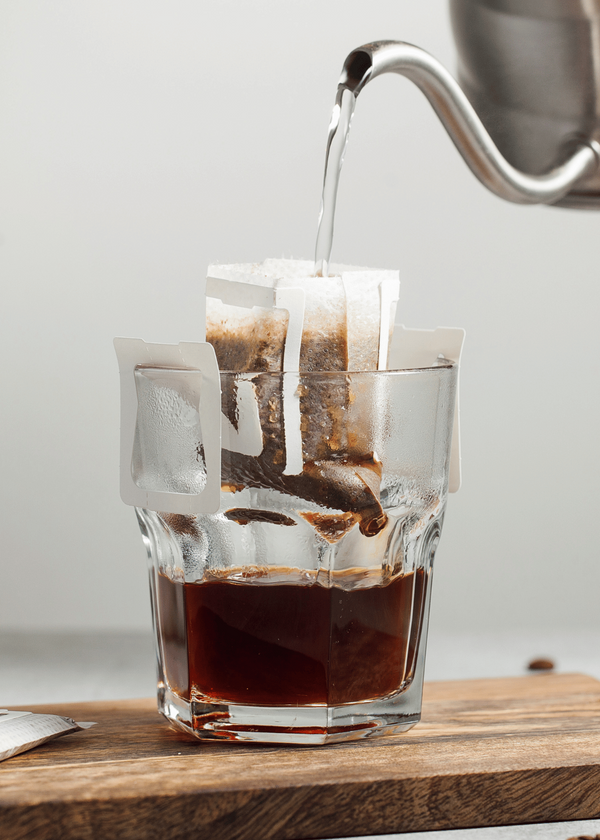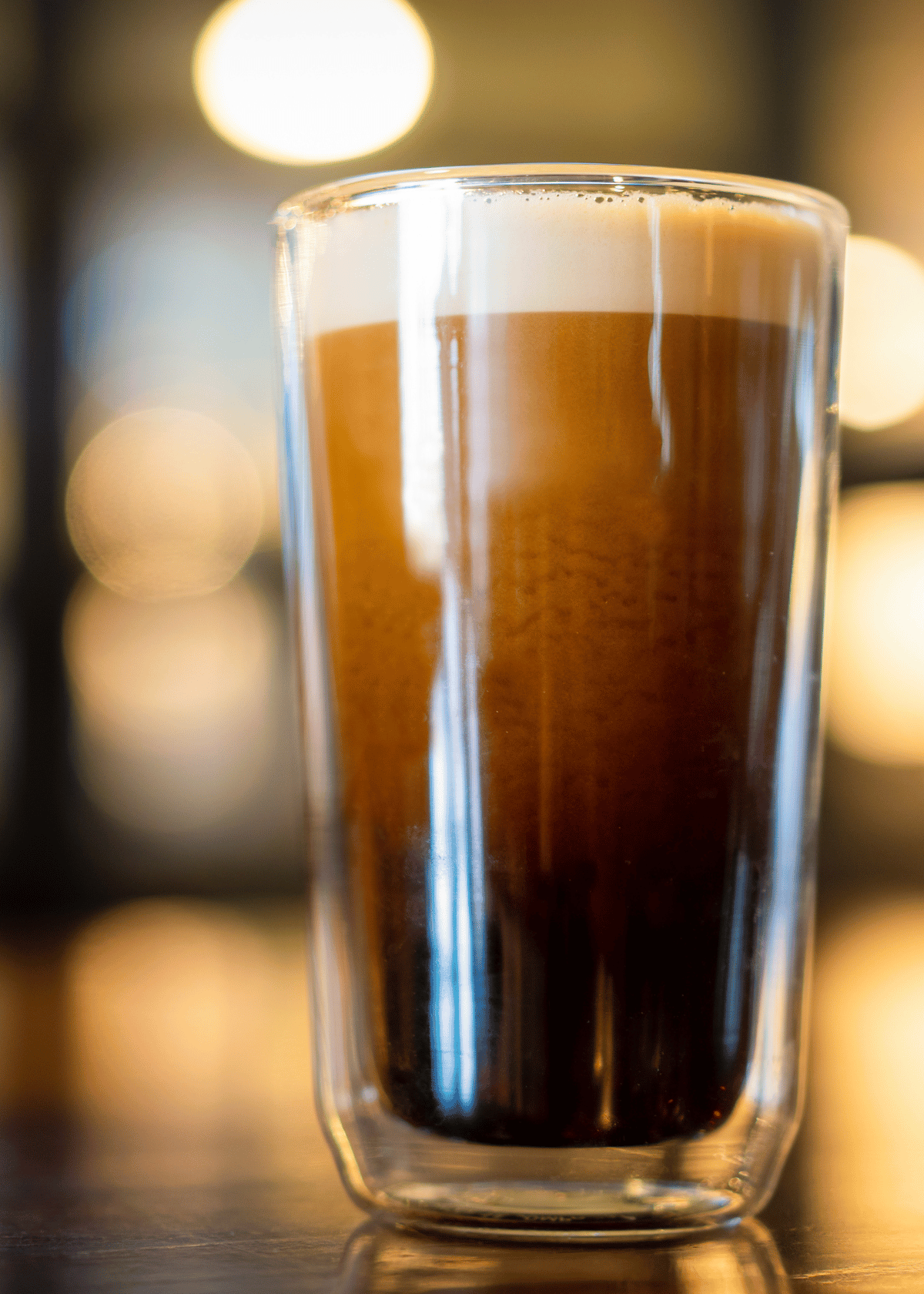You may have heard of brining before, especially if you're a fan of turkeys at Thanksgiving or ham at Easter. But what is brining, exactly? In short, brining is a process of soaking meat in a solution of water and salt (and sometimes sugar and spices) prior to cooking. The purpose of brining is twofold: to ensure that the meat stays moist and juicy during cooking, and to add flavor.
How Does Brining Work?
The science behind brining is pretty simple. When you soak meat in a saltwater solution, the water molecules actually penetrate the meat cells. This process is called osmosis, and it effectively "plumps up" the cells so that they hold more moisture. That means that when you cook the meat—whether you're grilling, roasting, smoking, or frying it—it will be juicier and more flavorful than if you had not brined it first.
In addition to salt, many people also choose to add sugar and/or spices to their brine solutions. Sugar helps offset the salty flavor of the meat, while spices can give the meat an added zing. If you're using a sweet or savory brine, make sure to adjust the proportions of salt and sugar accordingly. As a general rule of thumb, use 1 cup of sugar for every 2 gallons (7.6 L) of water.
How Long Should I Brine My Meat?
The amount of time that you need to brine your meat depends on how thick it is. For example, chicken breasts only need to be brined for 30 minutes to 1 hour, while a whole turkey should be brined for 12-24 hours. A good rule of thumb is to allow 1 hour of brining time for every pound (0.45 kg) of meat.
Conclusion:
Brining is a simple but effective way to keep your meats moist and flavorful. The next time you're firing up the grill or roasting a chicken in the oven, consider giving your meats a quick soak in a saltwater solution beforehand! Your guests will be sure to notice the difference.
Want to know what is the best kosher salt? Check out our guide here!







